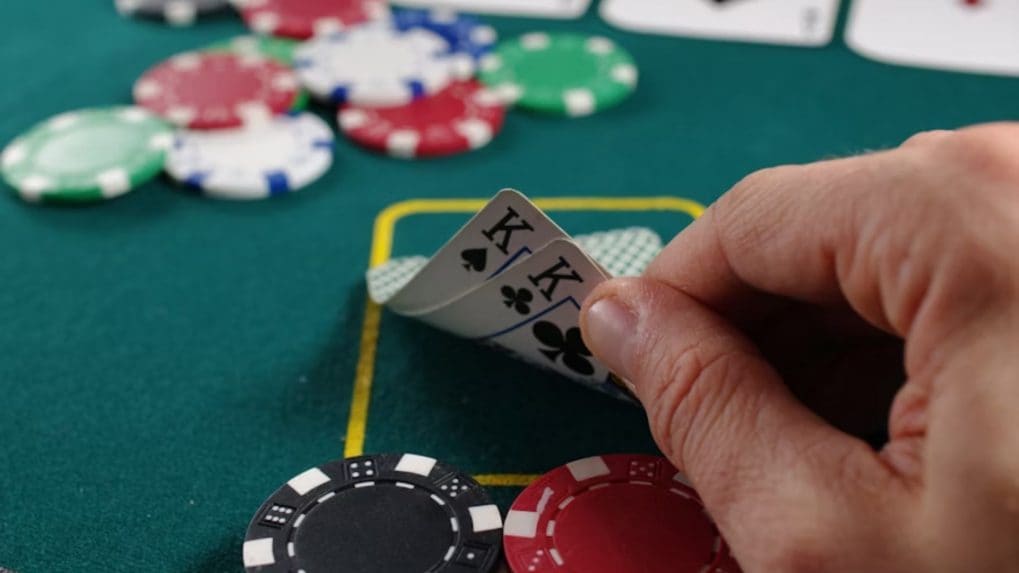How it Works
WPP, Havas, Omnicom: Are advertising’s biggest holdcos recasting agencies as AI Operating Systems?

The Goods and Services Tax (GST) Council, at its 56th meeting held in the capital on Wednesday, approved a steep increase in the tax rate on casinos, race clubs, lotteries, betting, and online money gaming, raising it from 28 percent to 40 percent with input tax credit. The move firmly places these activities in the newly created sin goods category under the GST framework, deepening the crisis for India’s online real money gaming (RMG) sector.
This marks the second major policy strike against the industry within weeks. In August, Parliament passed the Promotion and Regulation of Online Gaming Act, 2025 (PROGA), which bans online real money gaming while carving out exemptions for esports and recreational games. Together, the two measures represent what industry leaders are calling a “double attack” by the government—regulatory prohibition coupled with fiscal strangulation.
The timing of the GST hike is particularly significant, coming even as the Supreme Court has reserved judgment in a ₹2.5 lakh crore tax dispute involving retrospective levies on online gaming. A division bench of Justices J.B. Pardiwala and R. Mahadevan recently concluded hearings in a batch of cases involving leading players such as Gameskraft, Delta Corp, and industry associations including the All India Gaming Federation (AIGF), E-Gaming Federation (EGF), and the Federation of Indian Fantasy Sports (FIFS).
Industry stakeholders argue that the latest hike to 40 percent could cripple the sector regardless of the outcome of the litigation pending in High Court of Karnataka, Madhya Pradesh and Delhi. Multiple real money gaming companies including Head Digital Works have challenged PROGA for outright ban.
A leading RMG operator warned: “The government’s 40% GST on online money gaming is a double attack. Even if the pending cases on PROGA come in favour of the industry, the 40% GST will not let the industry survive.”
Industry leaders are already considering mounting a fresh legal challenge, particularly if the 40 percent levy is applied on deposits rather than on Gross Gaming Revenue (GGR). Such a move, they argue, would make business models unviable overnight.
The GST hike is not limited to online gaming. Casinos and lotteries, which form significant revenue streams for states like Goa, Sikkim, and Nagaland, will also be heavily impacted. Observers note that state governments, despite their fiscal dependence on gaming revenues, did not raise objections in the GST Council, leaving stakeholders shocked.
Casinos, race clubs, and even high-profile events like the Indian Premier League will now attract the 40 percent rate on admission and services, including licensing of bookmakers. The Council has also resolved definitional changes, classifying betting, gambling, horse racing, lottery, casinos, and online money gaming as “goods” under GST law, aligning them with other demerit goods such as tobacco and pan masala.
In a move highlighting the government’s policy distinction, the GST rate on household and recreational games like playing cards, chess boards, carom, and ludo has been reduced from 12 percent to 5 percent. The contrasting treatment signals the Centre’s effort to separate casual social gaming from money-based platforms, which it sees as socially harmful.
The sector has faced a series of setbacks since October 2023, when the government imposed a uniform 28 percent GST on the full face value of bets. Several operators have already shut down following the enactment of PROGA last month. With the latest tax hike, the financial burden on casinos, lottery distributors, and gaming platforms is expected to rise dramatically, threatening the survival of an industry once projected as a driver of India’s digital economy.
The government, however, remains firm in its stance. By aligning online money gaming with sin goods, it signals a clear policy direction: prohibition through law and deterrence through taxation. For an industry caught between regulatory bans and steep fiscal measures, the future appears increasingly uncertain.
From purpose-driven work and narrative-rich brand films to AI-enabled ideas and creator-led collaborations, the awards reflect the full spectrum of modern creativity.
Read MorePraveen Someshwar, Managing Director and CEO of Diageo India, joins the Grand Jury of the Storyboard18 Awards for Creativity, highlighting the awards’ focus on work that blends cultural relevance with strategic and commercial impact.